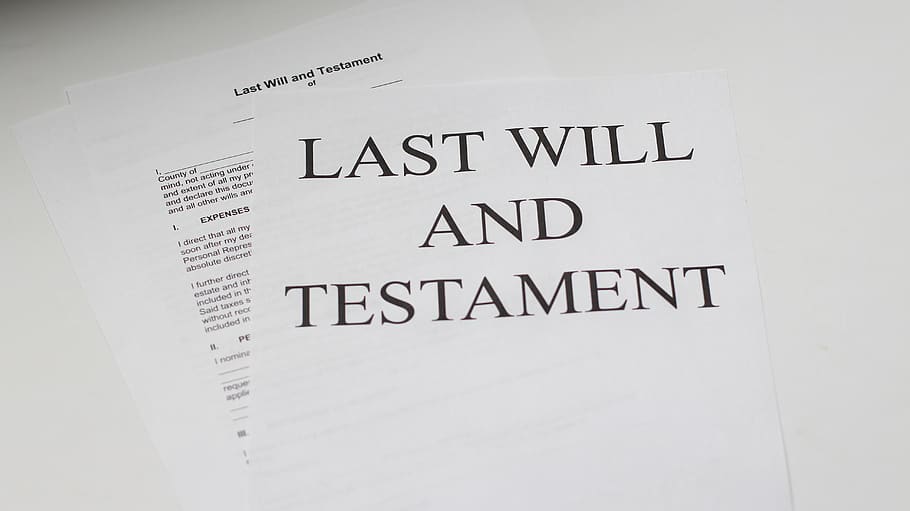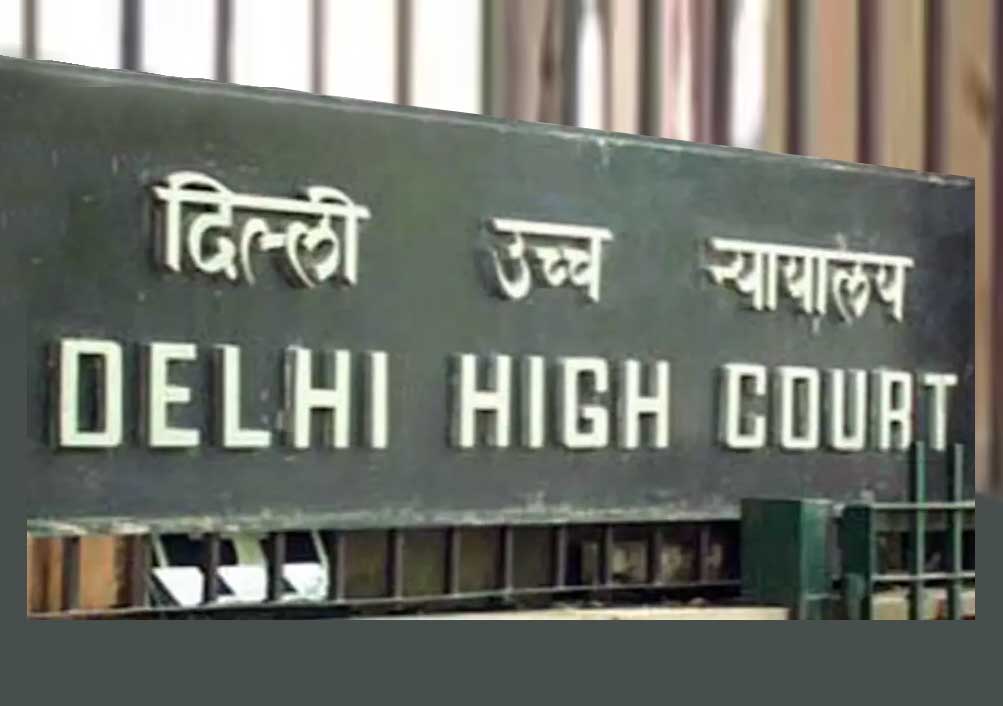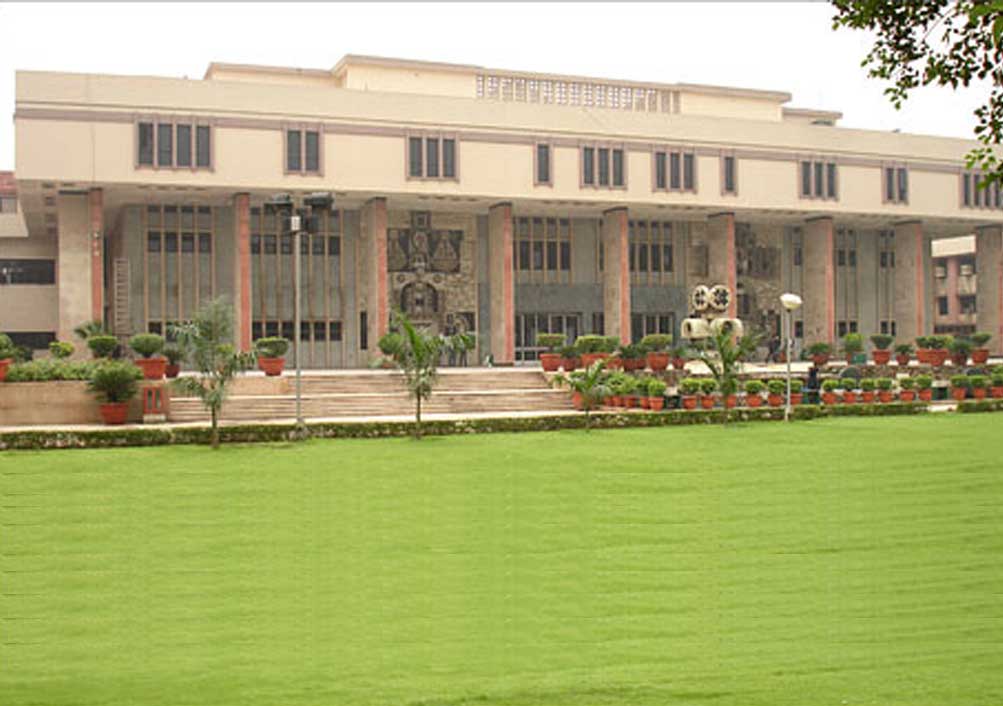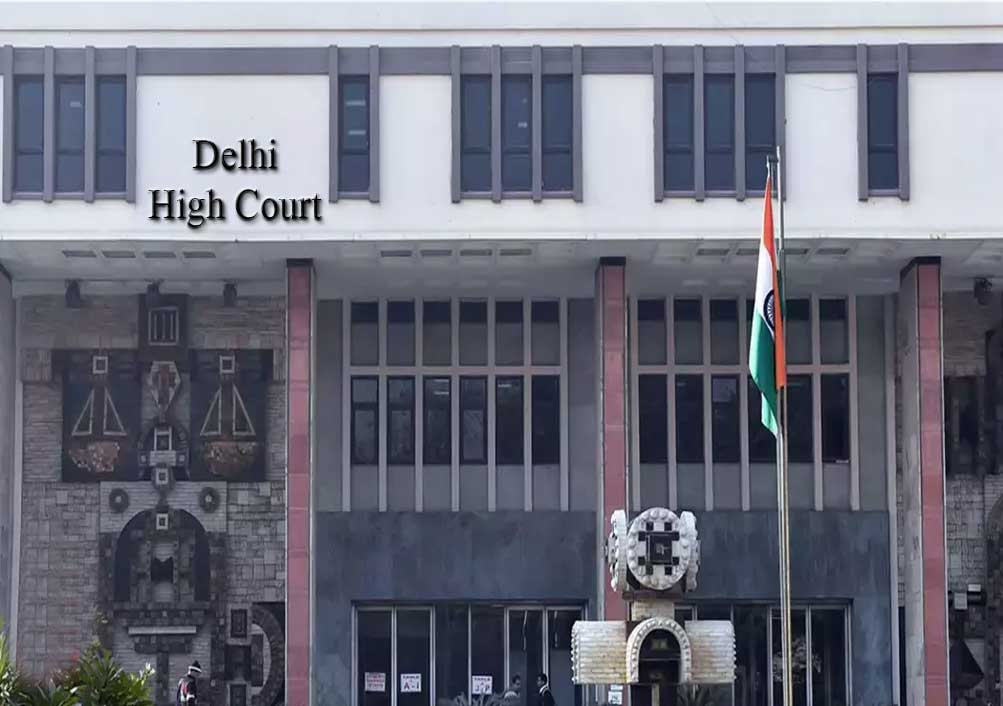In Probate proceedings, Probate Court cannot go into question of Title or contents of Will but it can examine if Will was duly executed: Punjab & Haryana HC

Read Order: Kuldeep Kaur v. Rajeshwari and Others
Monika Rahar
Chandigarh, February 16, 2022: While dealing with an appeal in probate proceedings, the Punjab and Haryana High Court has held that it is well-settled law that a probate court cannot go into the question of title and its function in the probate proceedings is to see if the Will was duly executed and whether the testator at the relevant time was in a sound state of mind.
The Bench of Justice Fateh Deep Singh went on to add that if the Will was duly executed and the testator was of sound mind, then the Court has to see whether the testator understood the nature of such disposition and put his signatures on his own free will and volition.
“It needs to be addressed here that question to a particular declaration whether is good or bad is not within the purview of the probate Court and, therefore, the very contents of the Will cannot be gone into under such proceedings”, asserted the Court.
The Court was dealing with an appeal filed by Kuldeep Kaur against the order of the Trial Court dismissing her petition under Section 278 of the Indian Succession Act for the grant of probate of the Will of her deceased son.
In this case, the deceased was the son of Kuldeep Kaur (the appellant). He died after executing a Will, in respect of which a petition under Section 278 of the Act for the grant of probate was filed by Kuldeep Kaur before the Trial Court. However, the validity of the Will was questioned by the first respondent- Rajeshwari who claimed that the Will was an outcome of forgery, fabrication and resultantly she filed a complaint which led to the lodging of an FIR under Sections 467, 468, 471 and 120-B IPC.
The first respondent- Rajeshwari claimed one-half share in the entire estate left behind by the deceased, on the ground that she was the lawfully wedded wife of the deceased. This claim, however, was disputed by Kuldeep Kaur (mother of the deceased) on the ground that the deceased was involved with the first respondent for a short duration of time but they were not living together as husband or wife, nor any lawful marriage was solemnized between them.
The lower court dismissed this petition and therefore, Kuldeep Kaur filed an appeal before the High Court.
At the outset, the Court looked in the provisions of Section 63 of the Act which deals with the execution of a Will and as per the requirements enumerated therein, the Court observed that a Will need not be registered and, therefore, mere non-registration of a Will as was sought to be agitated by the counsel for the respondent was held to be unwarranted by the Court. The Court also noted that the execution of the Will was duly by attesting witnesses before the Trial Court.
Further, the Court reflected on the effect of probate of a Will by stating that when probate is granted, it establishes the Will from the death of the testator and runs valid of nominated acts of the executor as such and therefore can only be granted to an executor appointed by the Will (which in the present case was the appellant-Kuldeep Kaur).
Thecounsel for the appellant argued that the requirements of Section 276 of the Act were not fulfilled by the appellant. Unimpressed by this, the Court opined that the only necessary requirement enumerated in this section was the production of the original Will or under exceptional cases (as laid down in Sections 237 to 239 of the Act), a copy of Will annexing a statement dealing the time of the testator’s death, the factum of his last Will, the declaration that it was duly executed with the wishes of the executant and that the applicant was executor named in the Will, has to be furnished.
The Court looked into the testimonies of the two witnesses to the execution of the Will, that of the mother (Kuldeep Kaur) and the first respondent. Especially after perusing the testimony of the first respondent, the Court opined that it could not be proved that the deceased and the first respondent were legally wedded and that they lived together as husband and wife.
Rather it came to the light before the Court that in an explanatory note attached with the Will, the deceased stated that he excluded the first respondent from the Will because she used him and their relationship could survive only for a short span of time.
Further, the Court opined that since the first respondent claimed that the Will was an outcome of forgery, therefore, the onus shifted upon her under Sections 102 to 106 of the Evidence Act to prove that the Will was not a voluntary act of the deceased. The Court therefore was of the opinion that there was nothing reflective from the evidence that the deceased was not in a perfect mental state at the time of execution of the Will or that there were suspicious circumstances surrounding the Will.
Thus, while holding that the lower Court miserably failed in its finding in striking down the Will, the Court allowed the Appeal.
Sign up for our weekly newsletter to stay up to date on our product, events featured blog, special offer and all of the exciting things that take place here at Legitquest.




Add a Comment